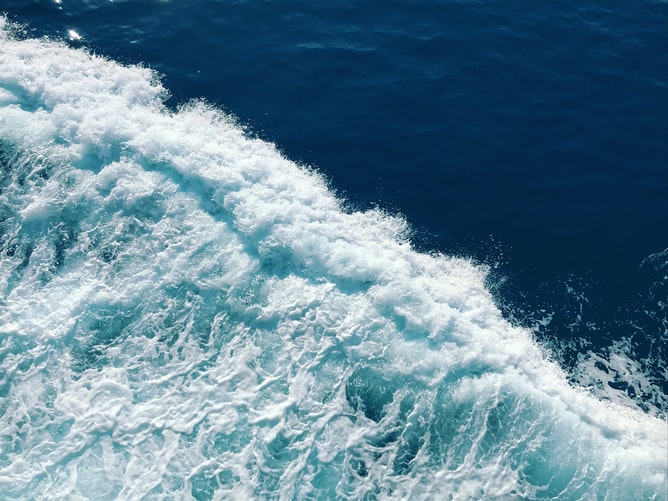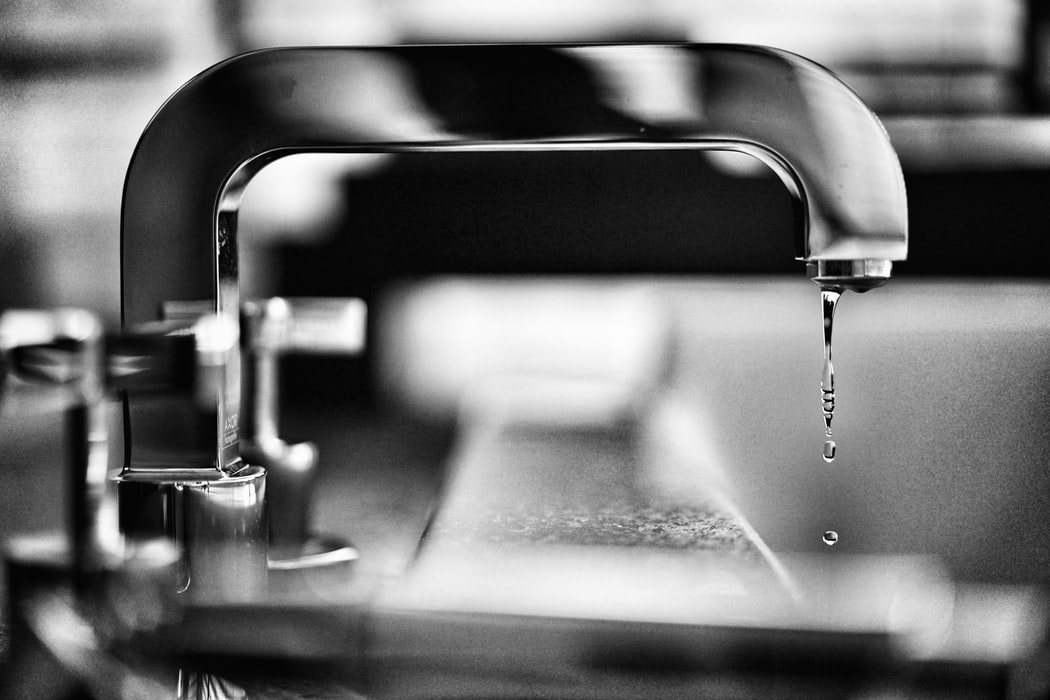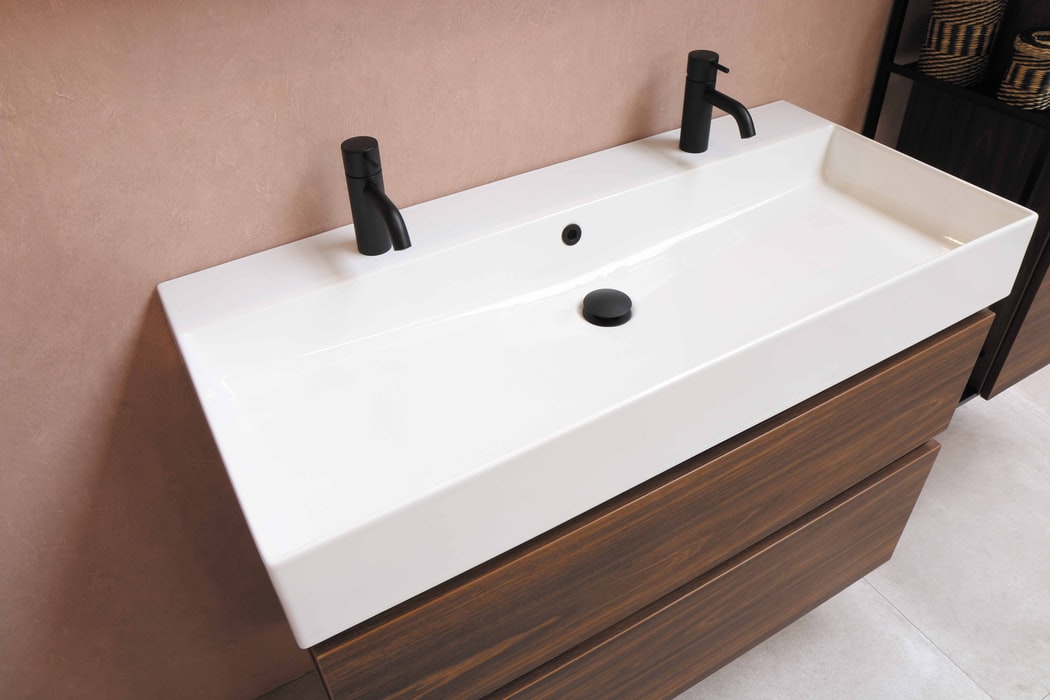When you’re away from home, you’re not there to monitor any issues that may arise, such as a water leak. Luckily, you don’t have to worry about this most of the time. But if you’ll be gone for a long period, there are some precautions you can take in addition to asking the neighbors to keep an eye on things.

Even if you take precautions, a water leak may still occur. And if that happens, you’ll want to get it fixed right away instead of waiting until you return. According to Fix-It Right, a plumbing company in Melbourne, “If you have water near entrances to or inside your home it can not only cause serious damage to your home but it can also be a health hazard.”
To avoid a water damage issue before it starts, here are seven helpful things you can do before your next trip.
1. Shut Off the Water
If nobody’s going to be using your house, why leave the water turned on? You’re much safer shutting it off, even if it’s just for a few days.
Locate the water valves for inside and outside your home and shut them off. Having this experience under your belt may help you in the future too, as you never know when something could start leaking and you’ll need to take care of it.
Turning off the water when traveling is especially important in winter, as the pipes could freeze, then crack or burst. It’s much less of an issue when they’re empty.
2. Drain Everything
There are some appliances you can’t drain, but getting as much water out of the pipes via draining applicable appliances is advisable. First, shut off the water. Next, turn on every faucet you can and run them until they can run no more. Shutting off the water can only do so much on its own – some pipes will have enough water in them to leak slowly for days and cause damage without you knowing it. That’s not a very nice welcome home present.
3. Check Appliances
Dishwashers and clothes washers may have some water still inside them, so check on the housing. They can easily come apart or have hidden damage, leading to a large hidden leak.
It’s true it’s less likely for this to happen when the water is shut off and the appliances are out of use, but it’s better to be safe than sorry. You should probably be checking these appliances regularly for damage anyway, so what better time to start than before a trip away?
If any of these – including toilets and sinks – have valves to shut them off, do that too. You want all bases covered before leaving your home unattended, even when a leak seems unlikely.

4. Use Insulation Tape
To add another layer of protection from leaks, wrap insulation tape around every tube and pipe you can. It comes in particularly useful around joints, and around hoses like where your washer’s hose enters a pipe.
Double or triple layer the tape to make sure it doesn’t come off and replace it regularly — perhaps once a year.
Not only does this give you another barrier, but it protects your pipes (especially outdoors) from freezing and cracking in winter.
5. Check Your Roof
Although you can control the water valves, you can’t control the weather just yet. If it rains when you’re away and there’s a problem with the roof, disaster could easily strike.
It’s important to check on your roof regularly anyway, but especially vital coming up to a trip away. You should aim to check your roof a week or two before you go, so you have ample time to fix any issues.
6. Check the Gutters
If your home has gutters, they’re as important as having a stable roof. If there’s any debris in them that could cause a blockage, clean them out as soon as you can. Clean them out regularly, too, not just before going on a trip away.
If you have lots of trees near your home, you should be tending to your gutters more often than other people. Leaves are little killers and are more trouble than they’re worth sometimes.
7. Clean Your Drains

Gutters aren’t the only place susceptible to debris. Before you go on a trip, clean out your drains.
Try giving everything a few plunges just to make sure there are no clogs. Then use some drain cleaner, or de-clogger, on every drain in the house before you shut off all your water.
If you don’t have special substances for cleaning, baking soda, and white vinegar can work in place of something specialized.
Be sure to listen to your drains during this cleaning process, too. If you hear gurgling, it means there’s something you failed to uproot, and you need a plumber to come and dig out the deeper dirt.
Of course, you can leave the plumber until you return home if you like – but it’d be so much easier to get everything dealt with in advance.










